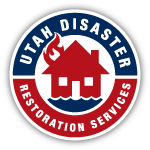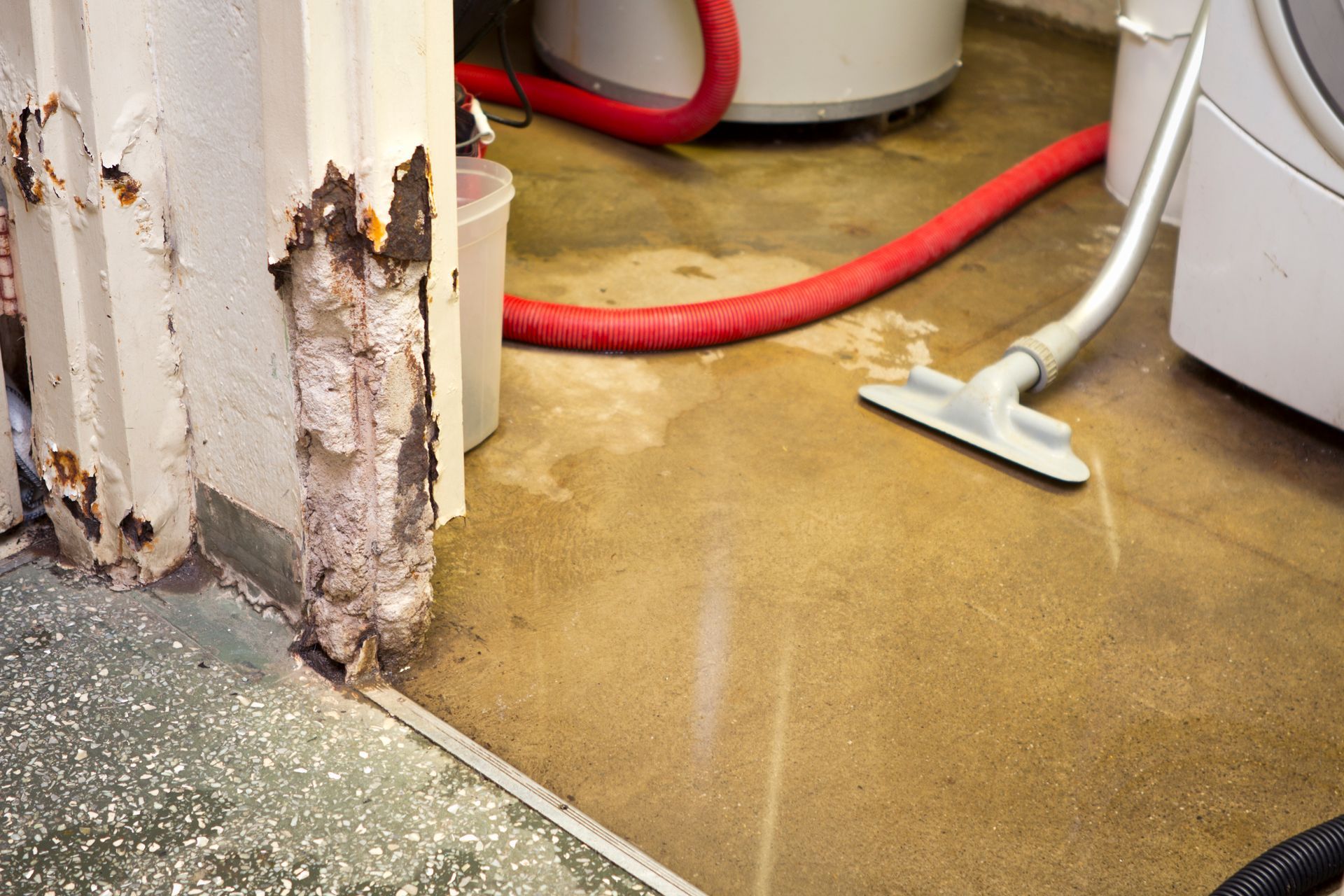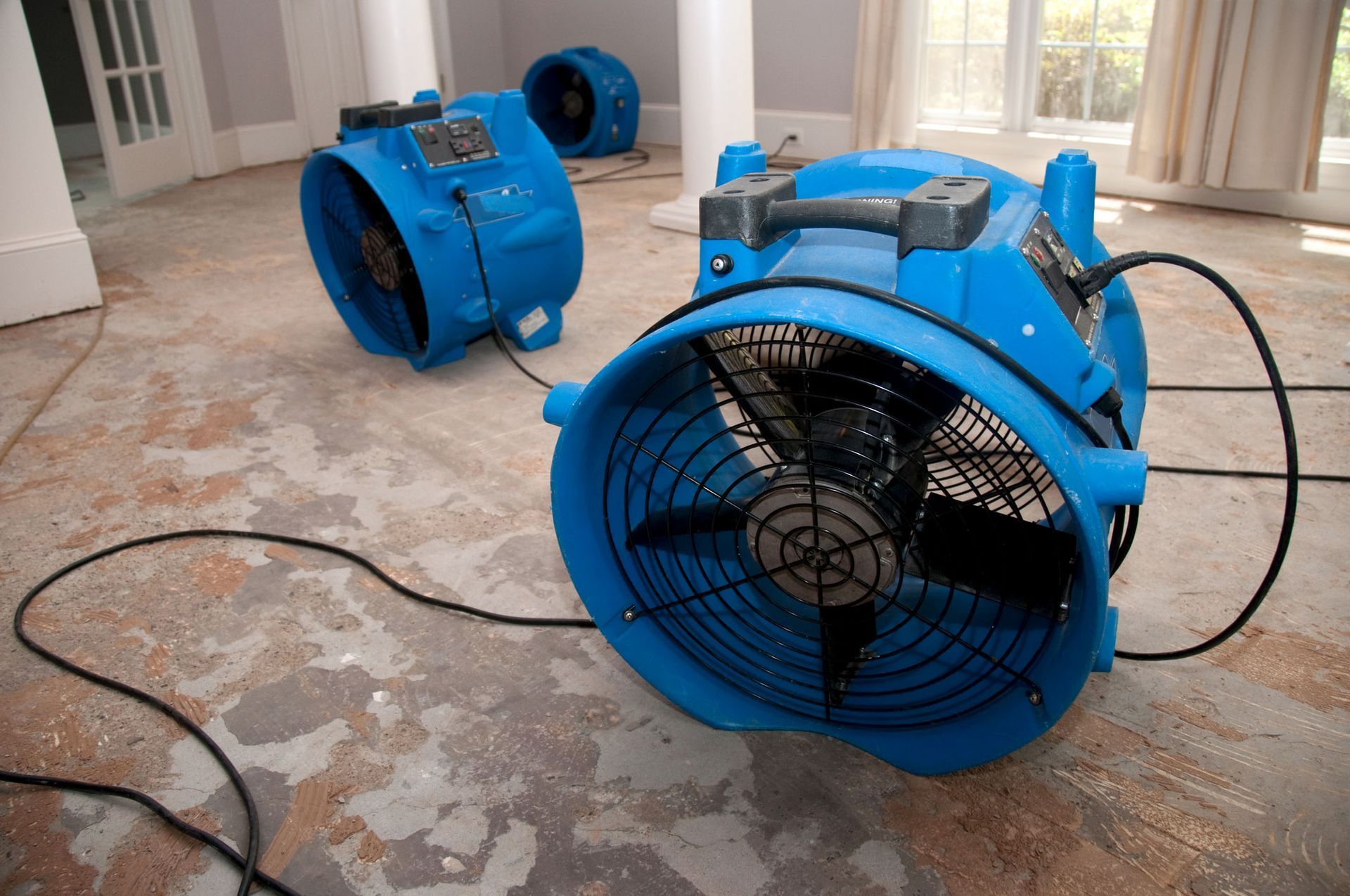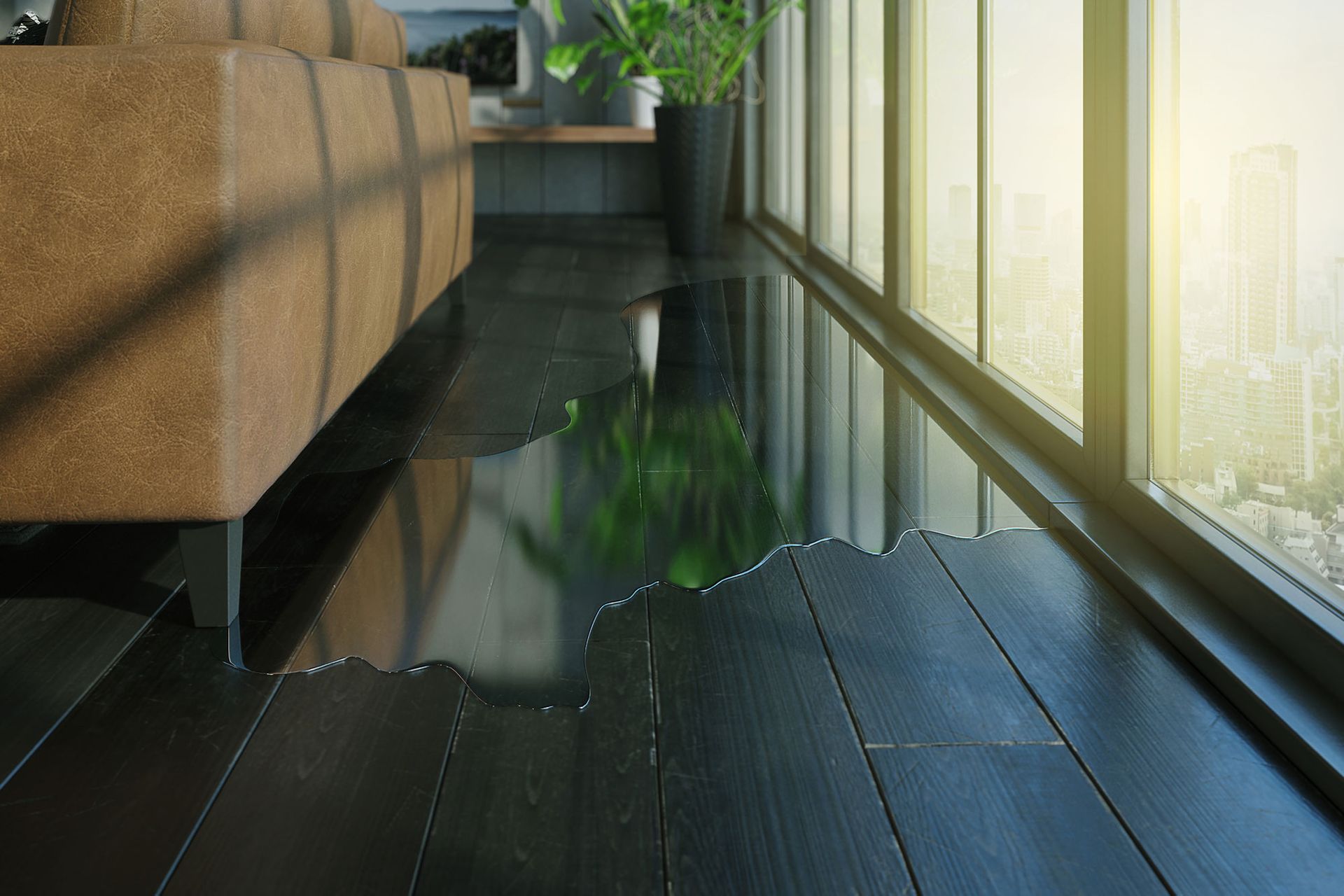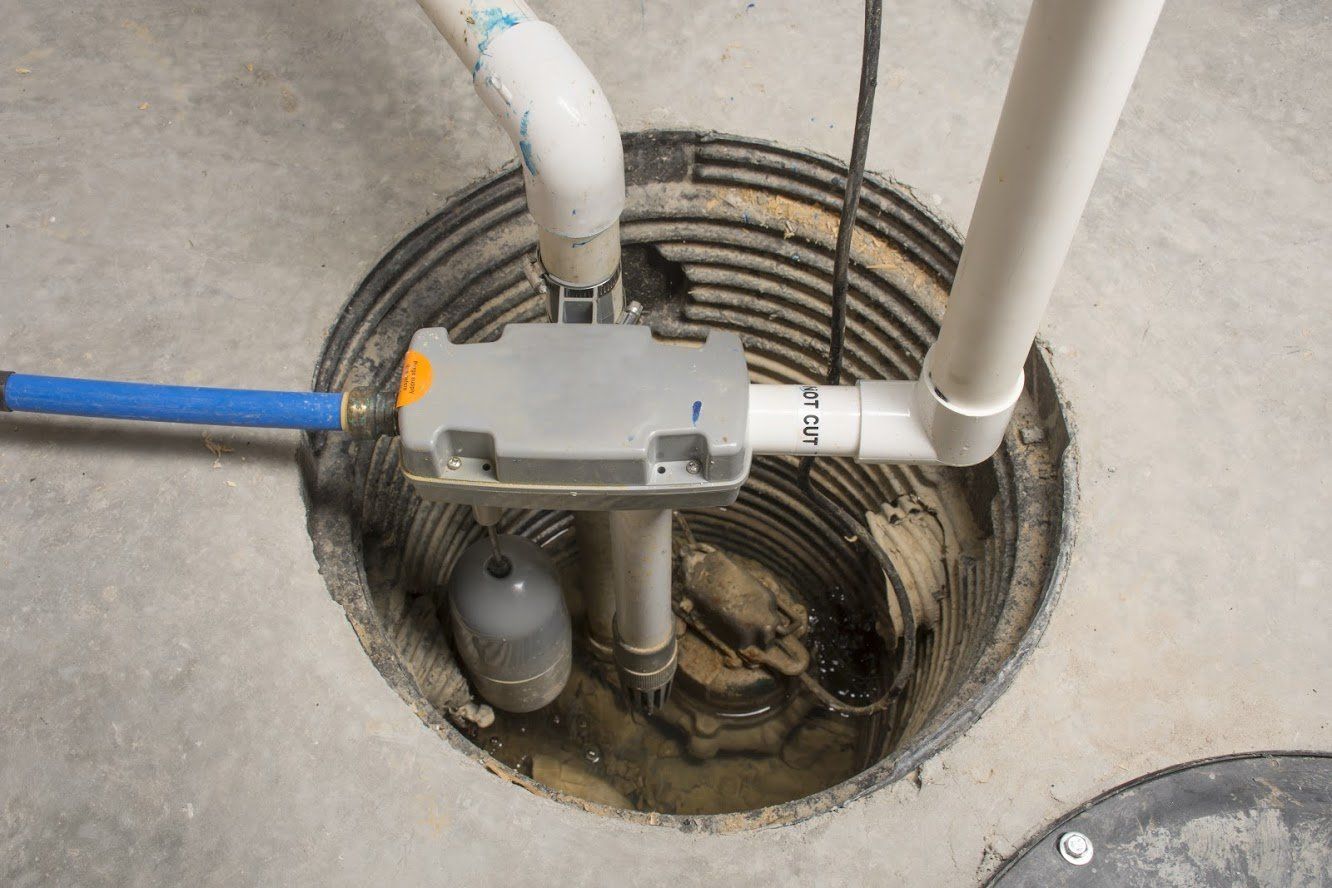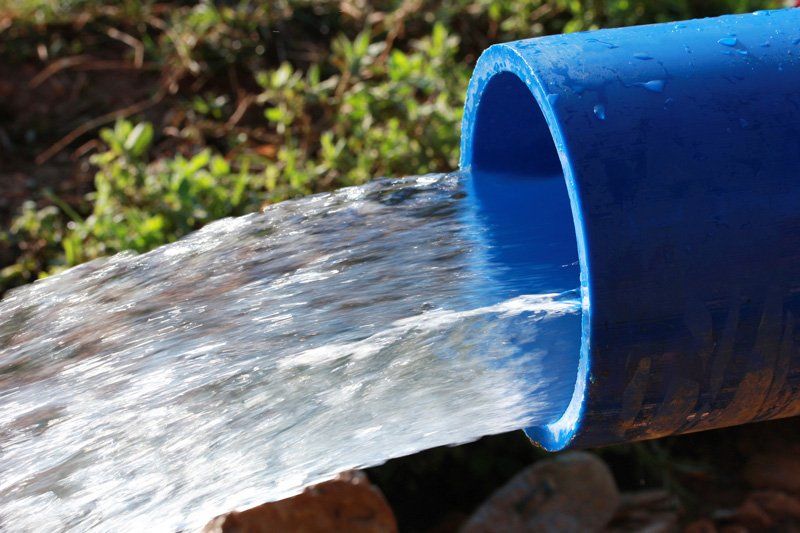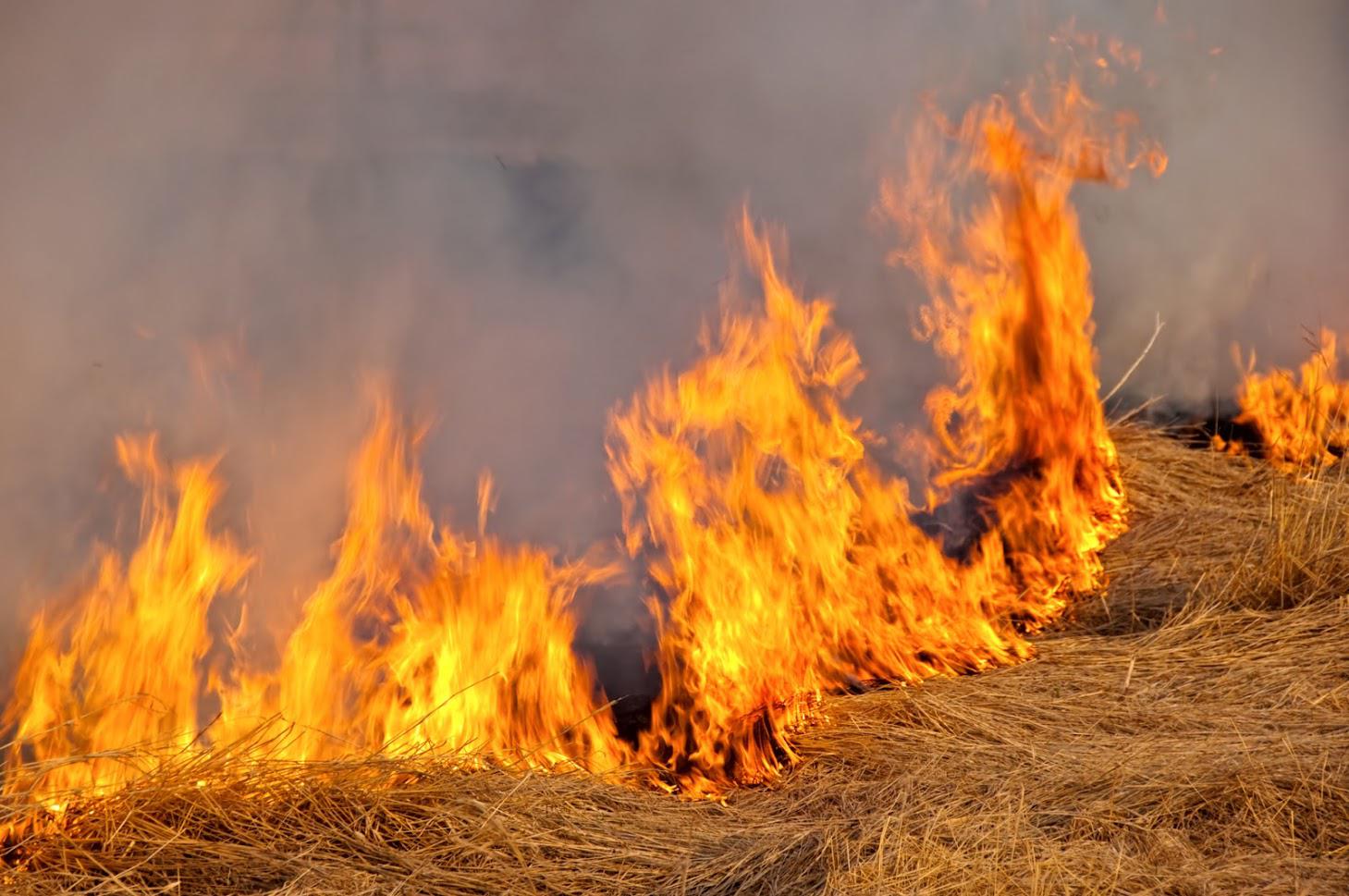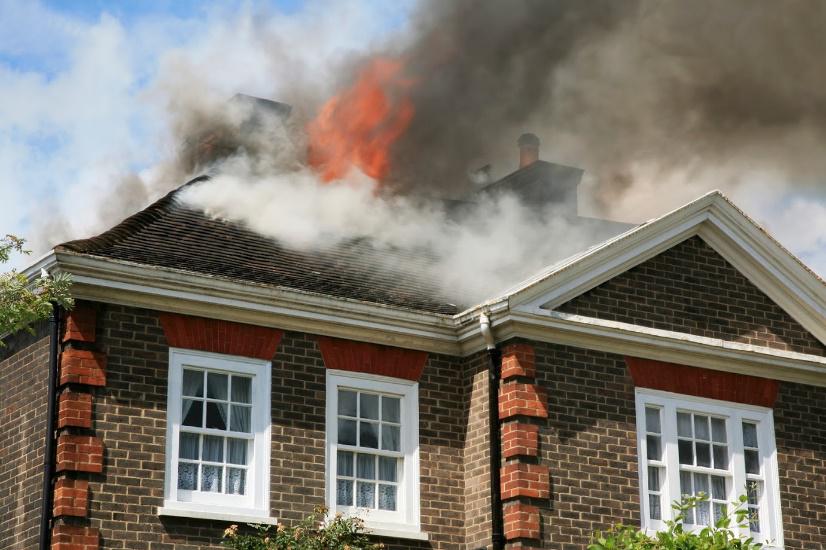Where There is Moisture There is Mold
Mold is everywhere. It is a naturally occurring living organism which feeds off of moisture and materials which would normally decay in the wild. There are ways to remove this problem, but it must be dealt with as soon as possible upon discovery. Drying out water damaged areas within 24 to 48 hours is the most ideal way to deal with dampness issues. Controlling the dampness is how one controls the subsequent effects from it. The musty smell associated with dampness is the first association most people make with this problem and it occurs when dampness is in full force.
Mold grows in the natural environment. They break down dead organic matter like fallen leaves, dead trees and dead animals. Indoors, especially in an abundance of moisture, it wants to do the same thing. Consider, the wood used to make a house is just dead trees. The paper people use to write on or print from their computers is similar to dead leaves. Food that non-vegetarians eat could be dead animals. The problem comes in that mold in the outdoors harmlessly scatters all around doing just what it is supposed to do. Indoors, there is no place for it to go except to the next piece of dead tree, dead leaf or dead animal.
Mold reproduces through spores. Spores are invisible to the naked eye. They float through the air and land on different surfaces. If they land on a wet surface they can start to grow almost instantly. No mold can grow without water or other kinds of moisture. Those with allergic reactions to mold will feel the effects quickest. Cold like symptoms can arise, like stuffy nose, trouble breathing, and sneezing. In extreme cases, molds can cause more toxic reactions including death. When spores contact mucus membranes irritation almost always occurs upon exposure. They can even cause asthma attacks.
Controlling moisture can limit the amount of damage that is done by mold to a house. Furnishings, important documents and the health of the people living in the home can be affected negatively by mold. Controlling the moisture in the home is the only way to limit the amount of mold inside the home. Using an air filter can help take the mold out of the air. Using a dehumidifier can take the moisture out of the air. Users must be vigilant in the fight against mold and their spores.
